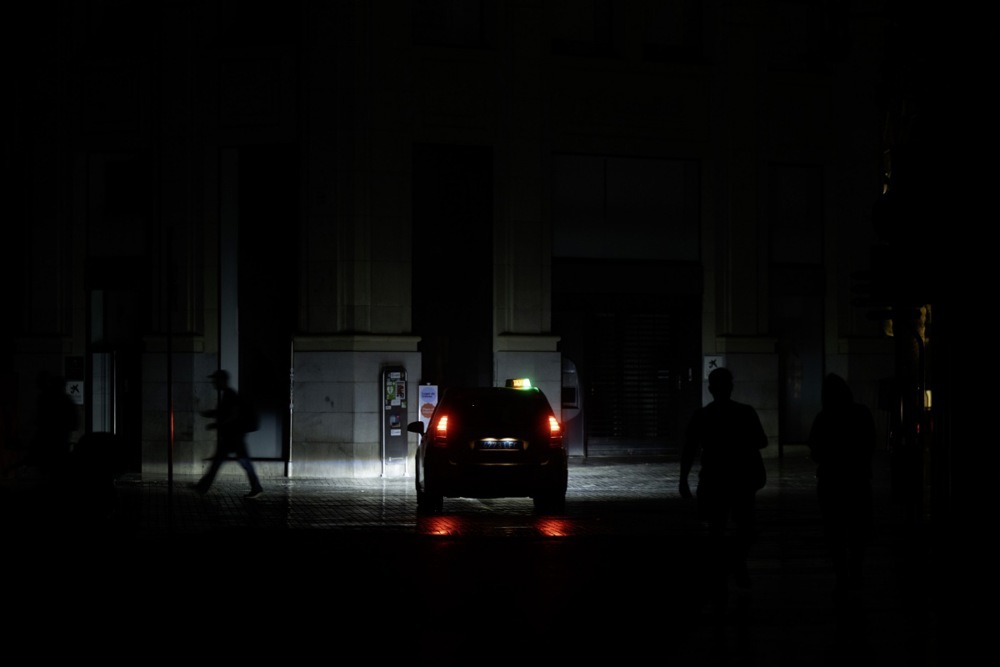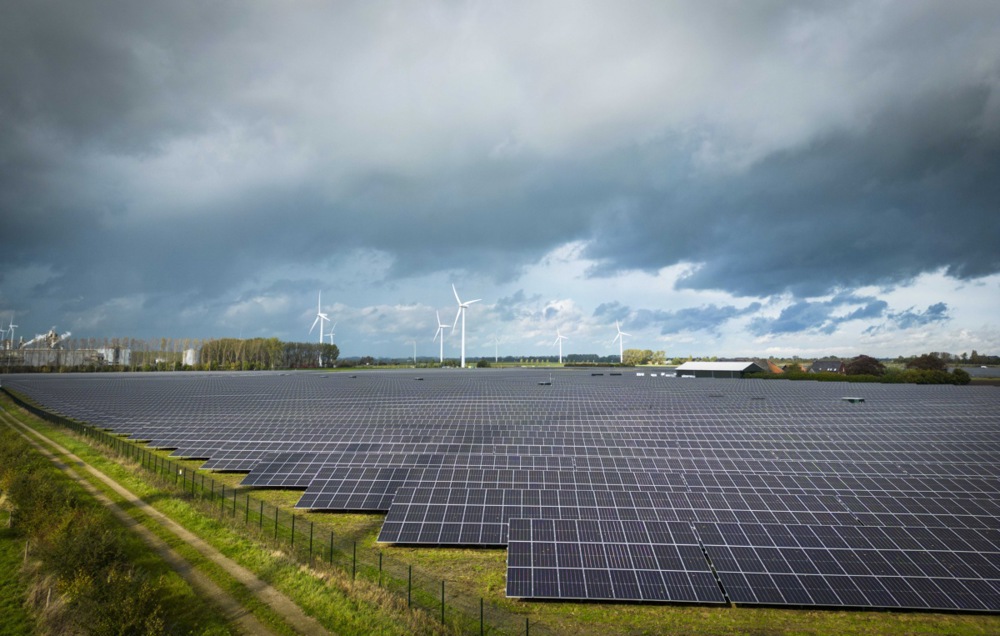The “vast majority” of new homes in England will soon be fitted with solar panels as standard, UK energy secretary Ed Miliband has confirmed.
Developers warned of added costs and bureaucratic hurdles.
The announcement, part of the forthcoming Future Homes Standard set for release this autumn, aimed to slash household energy bills and nudge the UK closer to its net-zero ambitions.
Miliband, speaking to the BBC on June 6, called the plan “just common sense,” claiming solar panels could save homeowners around £530 (€629) annually, based on current energy price caps
The British Government’s proposal mandated solar panels on almost all new builds, with “rare exceptions” for homes shaded by trees or otherwise impractical for solar generation.
Unlike the previous Conservative Party government plan, which required panels to cover 40 per cent of a building’s ground area or none at all, the ruling Labour Party’s approach insisted on at least some solar coverage, even if the 40 per cent target was not met.
Miliband insisted this flexibility would ensure near-universal adoption without letting developers off the hook.
We’re kickstarting a solar rooftop revolution.
All new-build houses will come with solar panels as standard.
Delivering lower bills, energy security, and tackling the climate crisis.https://t.co/wXHwZolpiO
— Ed Miliband (@Ed_Miliband) June 6, 2025
According to the Home Builders Federation, which indicated support for solar integration, “burdensome” paperwork could slow down the government’s ambitious target of 1.5 million new homes by 2029.
Neil Jefferson, head of the Home Builders Federation, told the BBC that an estimated two in five new homes had solar panels and that the industry was “getting increasingly used to incorporating solar panels within the building of new homes”.
“The government just needs to take care to make sure that it does not prescribe and mandate to much on rooftops.
“If every single home needs to be applied for on an exemption basis that will slow up the delivery of desperately-needed new homes, that administration will be burdensome,” he said.
Solar Energy UK’s CEO Chris Hewett said there was a need for more trained installers to meet demand, a point echoed by industry voices calling for investment in skills to sustain this “rooftop revolution”.
Meanwhile, the government’s own figures suggested solar power, while growing from 42 per cent since 2024 and 160 per cent over the past decade, remained a minor player, trailing gas, wind and nuclear in the UK’s energy mix.
Developers estimated solar installations could add £3,000 (€3,560) to £4,000 (€4,750) to construction costs per building.
Miliband dismissed concerns that these would be passed onto buyers, claiming house prices would not rise.
The policy dovetailed with Labour’s broader green agenda, including relaxed planning rules for heat pumps and a £13.2 billion (€15.68 billion) insulation scheme.
The Climate Change Committee insisted near-total decarbonisation of housing was essential for the 2050 net-zero target, a goal Labour inherited from the Conservatives who appeared to have turned against it.
Conservative leader Kemi Badenoch said it was “impossible” without tanking living standards, while Reform UK wanted it scrapped entirely, citing higher energy bills.
Supporters, including Liberal Democrat MP Max Wilkinson, hailed the move as a win for both wallets and the planet.
Industry figures including Octopus Energy’s Nigel Banks claimed smart tech and storage could slash energy costs by up to 90 per cent for some households.





